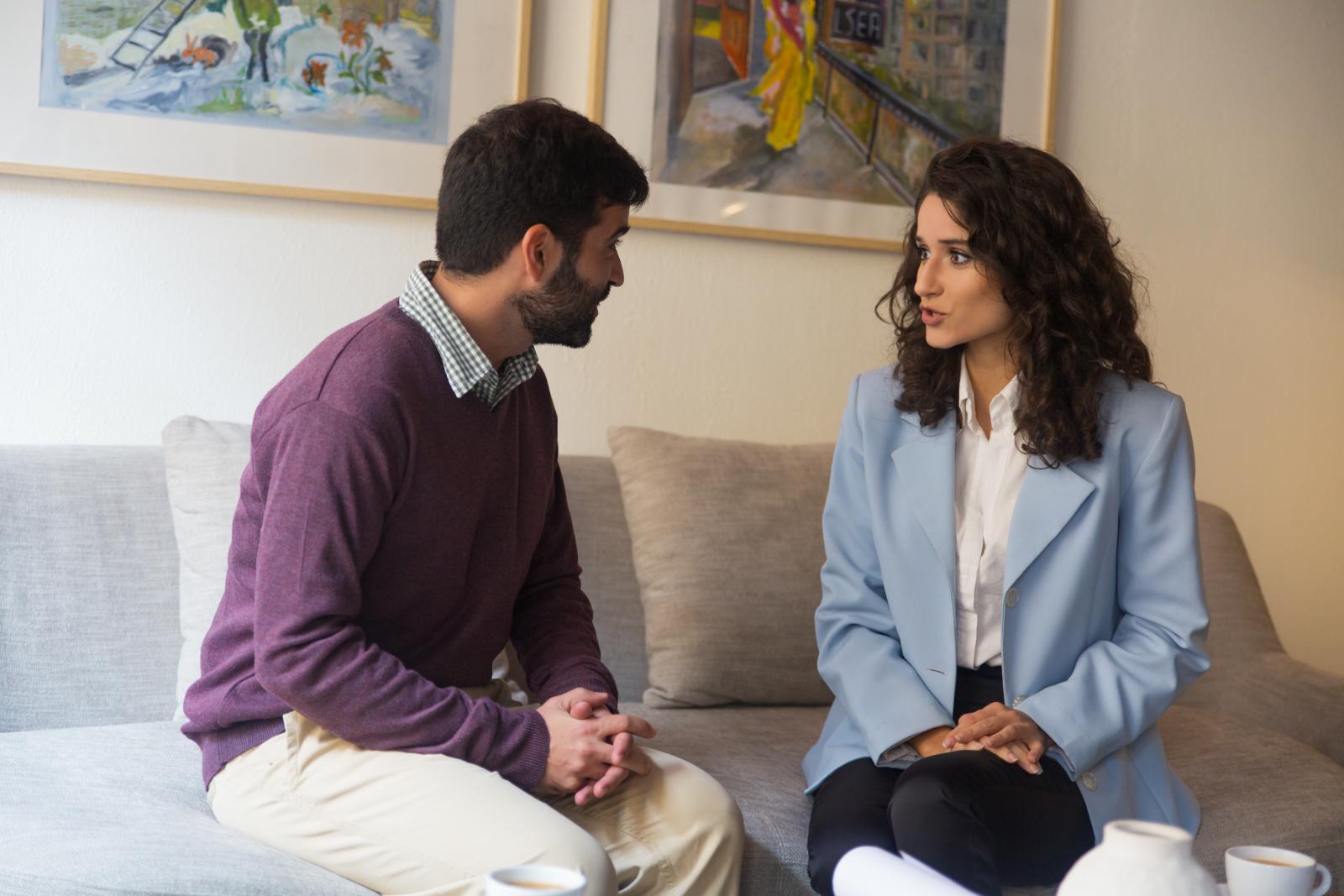Notifications
6 minutes, 21 seconds
-17 Views 0 Comments 0 Likes 0 Reviews

Living abroad offers exciting opportunities, cultural enrichment, and professional growth—but it can also present emotional challenges, especially when personal loss occurs. Experiencing the death of a loved one while navigating a foreign environment intensifies the emotional toll. Language barriers, cultural differences, and physical distance from home support systems can amplify the sense of isolation. For many expatriates, grief counseling becomes an essential resource in finding stability and meaning during such disorienting times.
Grief in a foreign country doesn’t follow a linear path. It is often intertwined with feelings of guilt, helplessness, and emotional dislocation. Before diving into support strategies, it's essential to explore the grief definition to understand what expats are experiencing.
At its core, grief is the emotional response to loss—commonly, the death of a loved one, but it can also encompass the loss of identity, stability, or community. The grief definition has evolved beyond simple sadness. It now includes a wide range of emotions: anger, confusion, numbness, and even physical symptoms like fatigue or insomnia.
When experienced abroad, these emotions can be more intense due to disrupted routines, lack of cultural understanding around mourning, and the absence of close family or friends. Individuals may question their choice to live abroad or feel detached from their host country. In such instances, professional grief counseling helps unpack these feelings and provides guidance through the murky waters of emotional recovery.
Unlike grief experienced in a familiar home environment, expatriate grief is layered and complex. Loss may come unexpectedly, and travel restrictions or long distances can prevent expats from attending funerals or saying goodbye. This creates a disconnection from the grieving process and may result in unresolved emotions or delayed mourning.
Isolation: Without a familiar cultural framework, grieving rituals like wakes or memorial services may not be observed or accessible. This can leave the grieving expat feeling alienated.
Language Barriers: Seeking support can be daunting in a country where one does not speak the language fluently. Local therapists may not understand the cultural context of the individual’s grief, making communication difficult.
Identity Crisis: Many expats describe a sense of losing a part of themselves after a personal loss abroad. This compounds emotional strain and often leads to internal questioning of life decisions.
Grief counseling becomes essential in reframing these experiences. Therapists familiar with expatriate life can provide culturally competent support and strategies to work through this uniquely isolating type of grief.
Grief counseling offers an affirming space where individuals can share their stories without fear of judgment or cultural misunderstanding. For expats, this kind of validation is crucial. Therapists trained in cross-cultural psychology and the expatriate experience help individuals navigate grief without losing their connection to their chosen life abroad.
Sessions often include:
Narrative therapy: Encouraging the expat to recount and contextualize their loss within their life story.
Mindfulness and grounding exercises: Helping reduce anxiety caused by disconnection and emotional numbness.
Cultural integration strategies: Encouraging the development of new rituals in the host country to honor the deceased and facilitate grief processing.
Communication tools: Enabling the individual to reach out to loved ones and support systems, even across continents.
Professional counseling does more than soothe immediate pain—it equips individuals with long-term emotional tools, helping them emerge stronger and more emotionally resilient.
Grief doesn’t simply vanish. It morphs, evolves, and resurfaces over time. In the context of expatriate life, anniversaries, holidays, and even casual reminders can reignite powerful emotions. Counseling helps individuals develop a compassionate internal dialogue and a personal grief ritual that travels with them—no matter where they are in the world.
For many, learning the true grief definition is liberating. It confirms that the emotions they are experiencing are valid, human, and deeply normal, especially under such exceptional circumstances.
In the whirlwind of expatriate life, emotional losses often take a backseat. But unacknowledged grief can evolve into chronic sadness or emotional burnout. Understanding the grief definition and embracing the process with the help of grief counseling can be the first step toward emotional healing. Living and working abroad doesn’t mean grieving alone. With the right support, you can honor your loss and continue building a meaningful life wherever you are.

